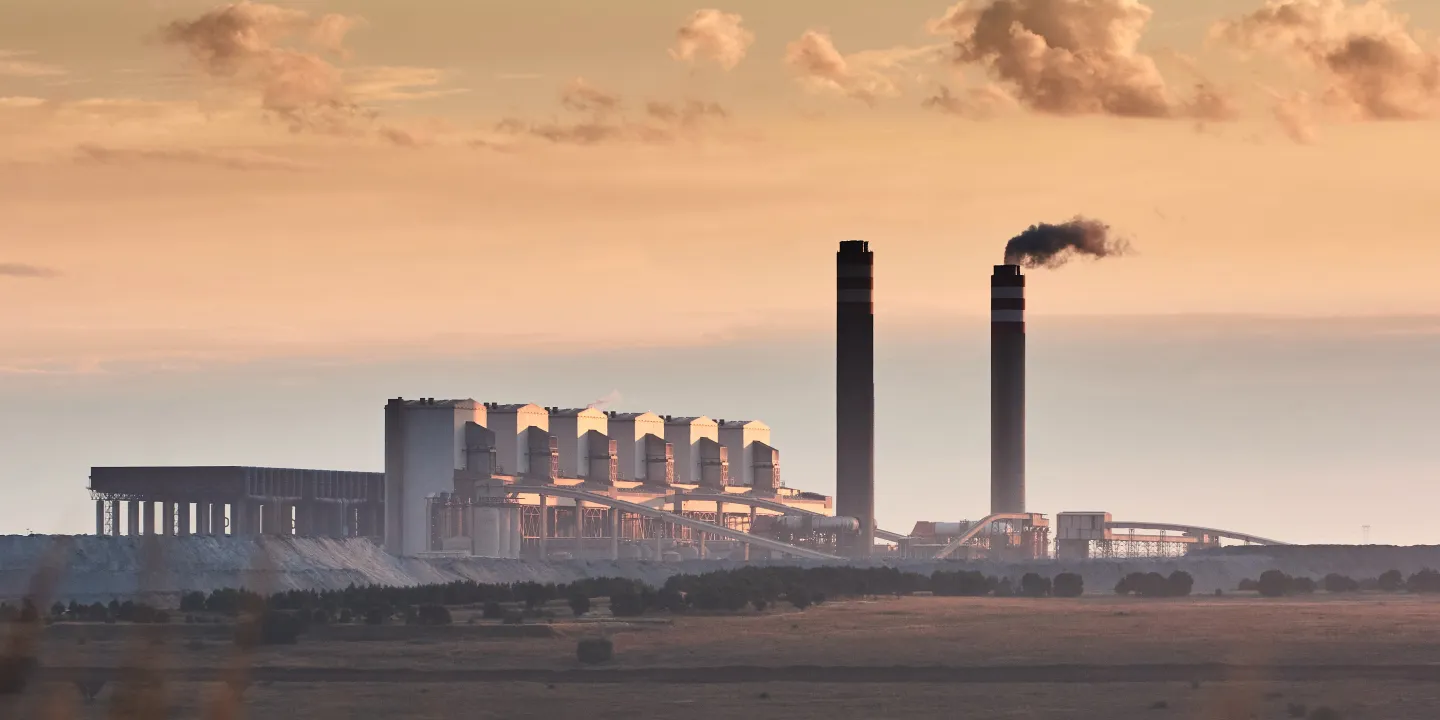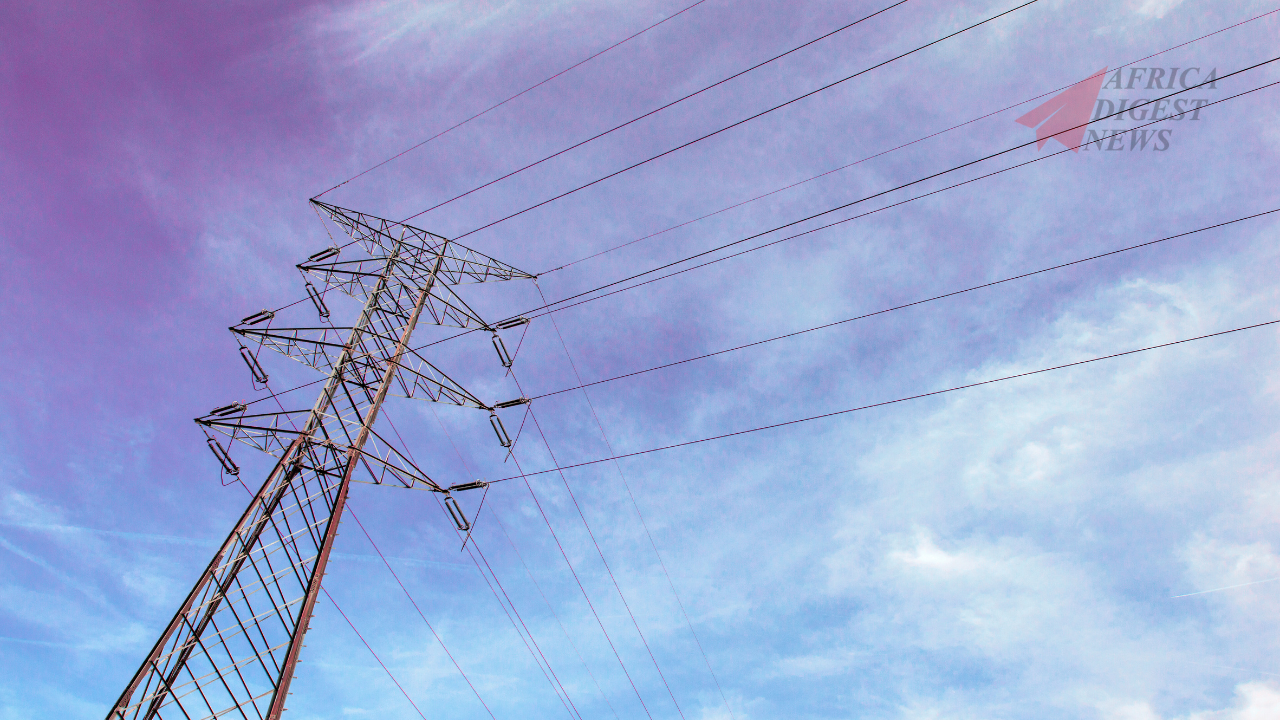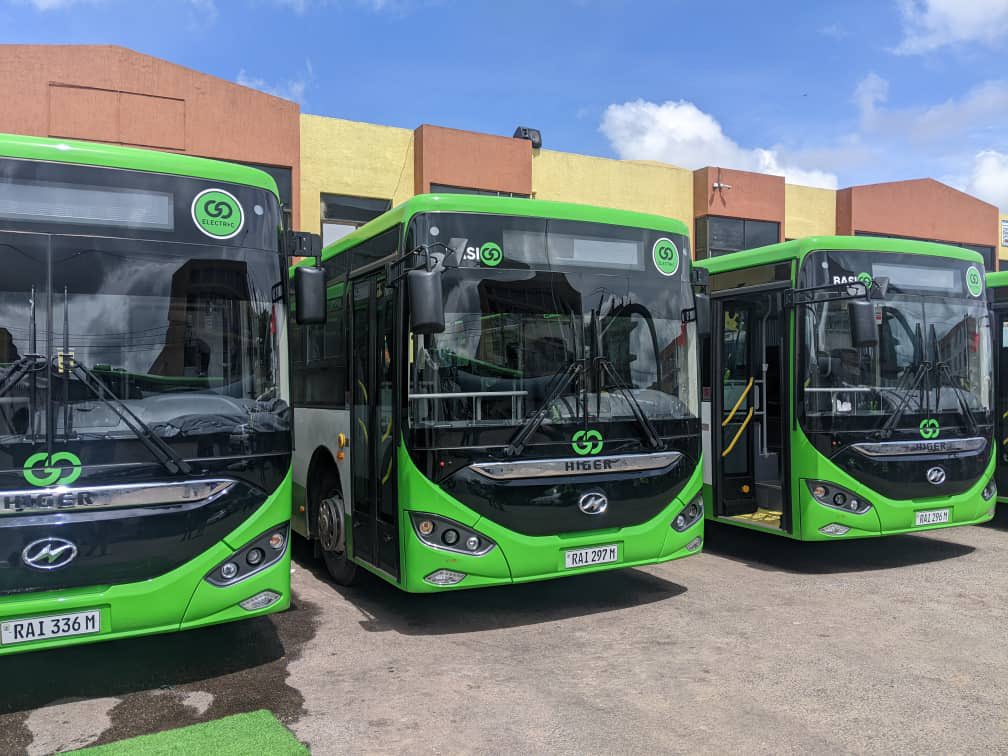Johannesburg residents and businesses will face significant financial strain following Nersa’s approval of City Power’s 12.72% electricity tariff increase.
The hike, which goes into effect on July 1, 2024, will have a ripple effect across the city, impacting household budgets and business operations.
Low-income residents will bear a heavy burden. A typical indigent household using 200 kWh per month faces a 60% bill increase, from R482 to R774.
Moderate users, consuming 300 kWh, will see a 45% rise, from R723 to R1046, forcing tough decisions on essential services..
Experts warn that this hike could push 95-97% indigent households to cut their monthly electricity allowance by more than half, severely impacting their quality of life.
The impact extends beyond individual homes. Businesses that rely heavily on electricity will see their profit margins squeezed due to the steep price hikes.
This could prompt energy-intensive industries to raise prices on their goods and services, further straining household budgets and exacerbating inflation.
For instance, data centers, which require constant cooling to maintain server functionality, are likely to face significant financial burdens due to the increased electricity costs.
Food manufacturers, whose operations rely heavily on refrigeration and machinery, could also be disproportionately affected.
Similarly, businesses like grocery stores and pharmacies, which depend on refrigeration for perishable goods, might be forced to raise prices or reduce operating hours to manage the higher electricity bills.
The 12.72% price hike comes amidst ongoing financial tensions between Johannesburg and Eskom, the national power utility.
Eskom recently obtained a court order demanding that the city settle over R3.4 billion in outstanding debt, a claim Johannesburg is contesting.
READ MORE:
SunCentral Powers One Million Homes with Renewable Energy
The dispute adds another layer of complexity to the city’s financial landscape, highlighting the challenges in ensuring reliable and affordable electricity services. Johannesburg’s electricity price increase highlights South Africa’s interconnected energy sector.
City Power attributes the hike to inflation and operational costs, but underlying issues such as a strained national grid and financial disputes burden residents and businesses.
Collaborative solutions are essential to tackle these challenges and pave the way for a sustainable, affordable energy future in Johannesburg and across South Africa.
Potential Solutions and Challenges
Addressing the long-term impact of electricity price hikes requires a multi-pronged approach. Here are some potential solutions:
-
Subsidy Programs for Low-Income Households: Implementing targeted electricity subsidy programs could help alleviate the financial burden on low-income residents most affected by the price increase.
-
Investment in Renewable Energy: Investing in solar and wind power could reduce reliance on Eskom’s grid and associated costs, offering Johannesburg more control over energy prices in the future.
-
Energy Efficiency Initiatives: Promoting energy-saving appliances and responsible energy use among residents and businesses can significantly lower overall electricity consumption, potentially through incentives for adopting energy-efficient practices.



